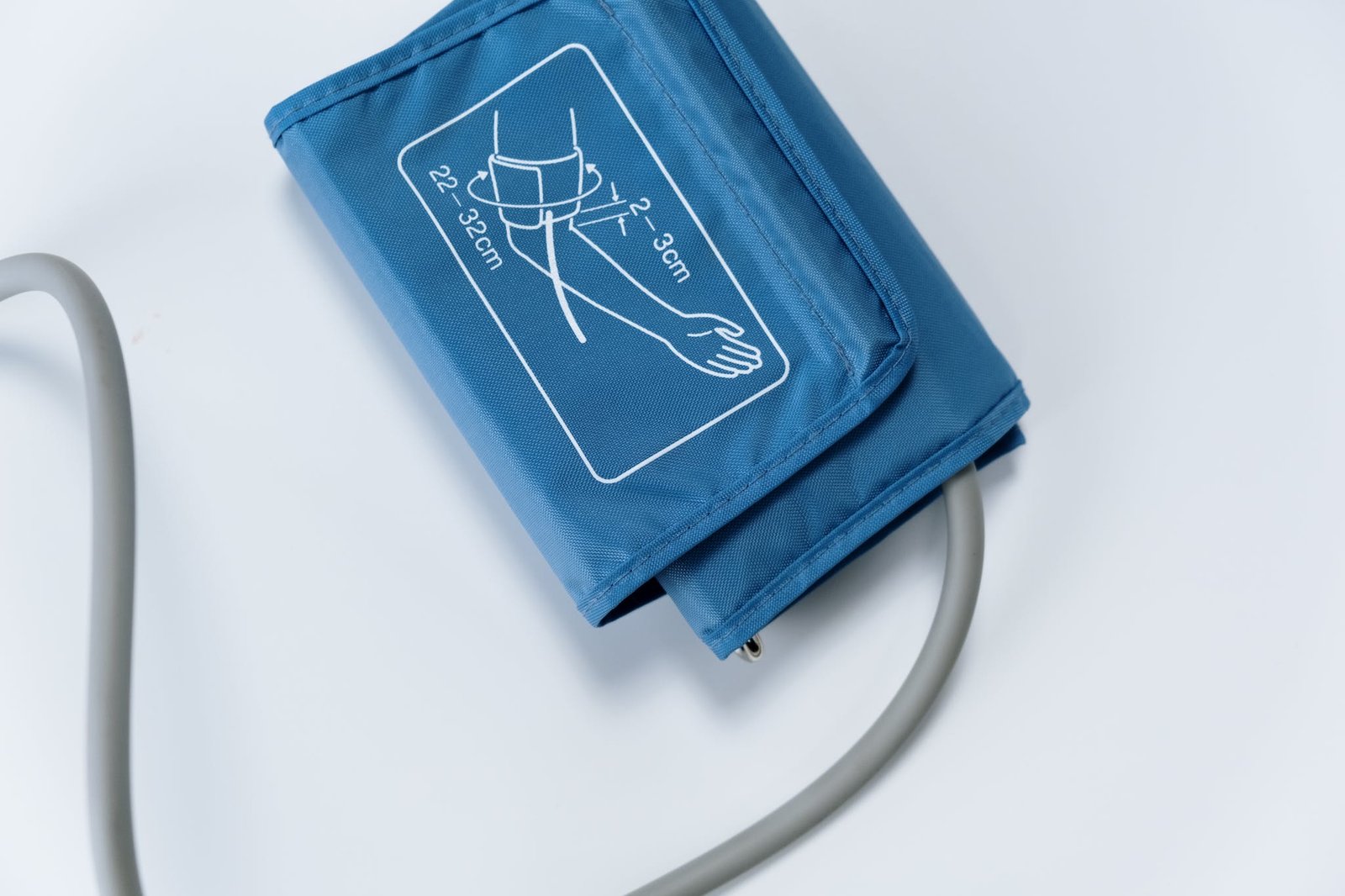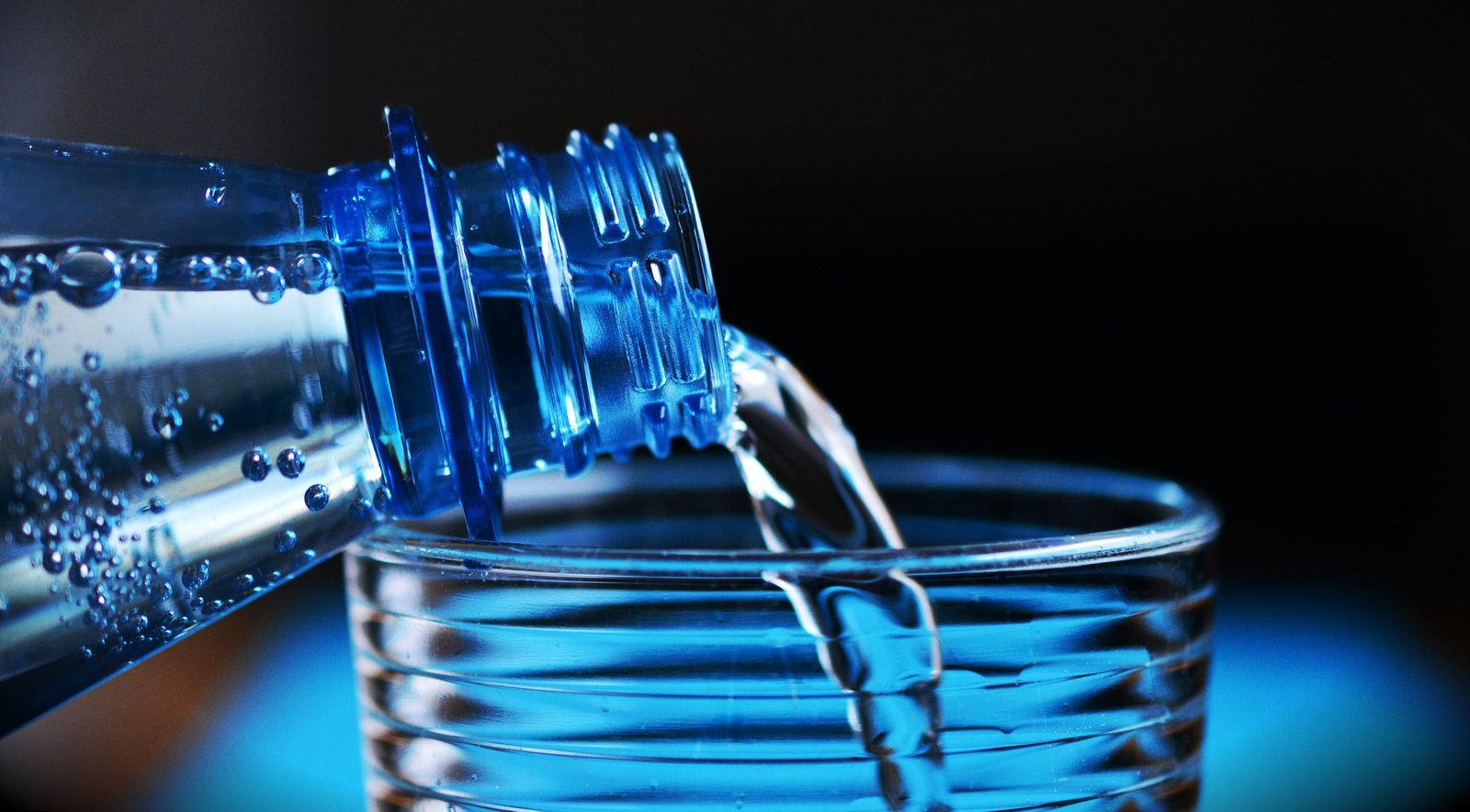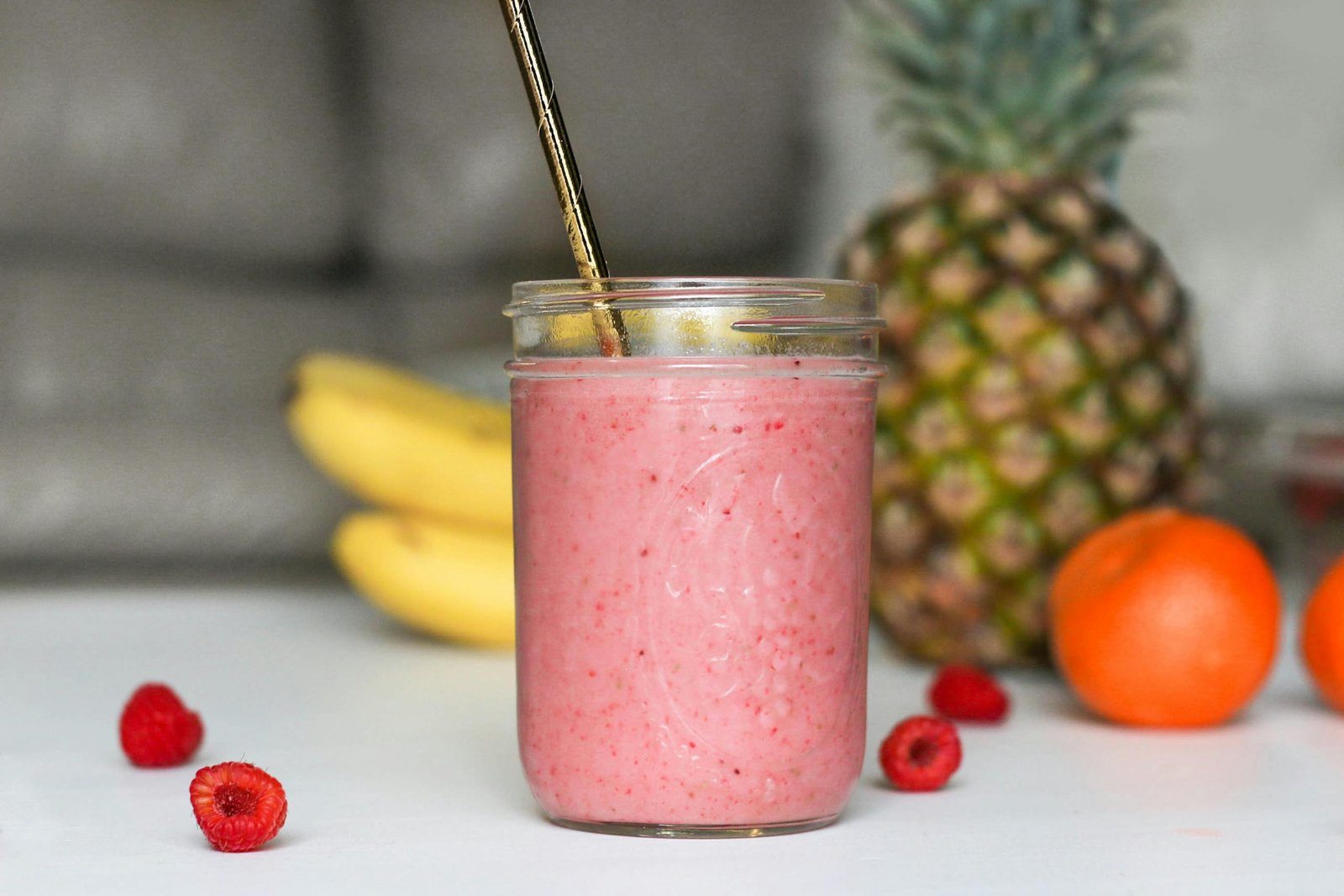How Water Helps Regulate Blood Pressure Levels
There are some affiliate links below, but they are all products I highly recommend. For more info, view my disclosure here.
Are you struggling to manage your blood pressure levels?
Discover how water can help! Staying hydrated is crucial for maintaining a healthy blood pressure. When you are dehydrated, your blood volume decreases, leading to higher blood pressure.
By drinking enough water, you can regulate your blood volume and sodium balance, which plays a key role in blood pressure regulation. Proper hydration improves blood vessel function.
Read on for tips on staying hydrated and managing your blood pressure effectively.
The Importance of Hydration
Staying hydrated is crucial for maintaining healthy blood pressure levels. When you don’t drink enough water, your body can become dehydrated, leading to a drop in blood volume. This decrease in blood volume causes your blood vessels to constrict, resulting in an increase in blood pressure. By staying properly hydrated, you can help prevent this from happening.
Drinking an adequate amount of water helps to dilute the sodium levels in your body. Sodium is a mineral that can cause your body to retain water, leading to an increase in blood pressure. By staying hydrated, you can flush out excess sodium through your urine, helping to regulate your blood pressure levels.
Furthermore, staying hydrated promotes the production of nitric oxide in your body. Nitric oxide is a compound that helps to relax and widen your blood vessels, improving blood flow and reducing blood pressure. By maintaining proper hydration, you can support the production of nitric oxide and promote healthy blood pressure levels.
How Dehydration Affects Blood Pressure
If you don’t drink enough fluids, it can negatively impact your blood pressure. Dehydration is a common cause of low blood pressure, as it reduces the volume of blood in your body. When you’re dehydrated, your blood becomes thicker, making it more difficult for it to flow through your blood vessels. As a result, your heart has to work harder to pump blood, leading to an increase in blood pressure. Dehydration can cause your blood vessels to constrict, further raising your blood pressure.
When you’re dehydrated, your body tries to compensate by releasing hormones that constrict your blood vessels and increase your heart rate. This can result in a temporary spike in blood pressure. Over time, chronic dehydration can lead to persistent high blood pressure, putting you at risk for cardiovascular diseases such as heart attacks and strokes.
To maintain healthy blood pressure levels, it’s crucial to stay adequately hydrated. The recommended daily intake of fluids is around 8 cups for women and 10 cups for men. Remember to drink water throughout the day, especially during physical activity or in hot weather. Avoid excessive consumption of caffeinated or alcoholic beverages, as they can contribute to dehydration. By staying hydrated, you can help regulate your blood pressure and promote overall cardiovascular health.
The Role of Water in Maintaining Blood Volume
When you don’t drink enough fluids, your body can struggle to maintain adequate blood volume. Water plays a vital role in maintaining blood volume, which in turn helps regulate your blood pressure levels. Your body is made up of about 60% water, and every cell, tissue, and organ relies on it to function properly.
When you’re dehydrated, your blood volume decreases, causing your blood vessels to constrict and your heart to work harder to pump blood throughout your body. This can lead to a rise in blood pressure levels.
Drinking enough water is essential to replenish the lost fluids and maintain optimal blood volume. When you’re adequately hydrated, your blood vessels can expand and contract more easily, promoting healthy blood flow and preventing unnecessary strain on your heart. As a result, your blood pressure levels can remain within a normal range.
Remember to listen to your body’s signals of thirst and make it a habit to drink water throughout the day. Staying hydrated not only helps maintain adequate blood volume but also supports overall health and well-being. So, grab that water bottle and prioritize hydration to keep your blood pressure levels in check.
Hydration and Sodium Balance in Blood Pressure Regulation
Maintaining a balance between hydration and sodium intake is crucial for regulating your body’s blood pressure. When it comes to blood pressure regulation, water plays a significant role. It helps to maintain blood volume, which is vital for the proper functioning of your cardiovascular system. By staying hydrated, you ensure that your blood volume remains at an optimal level, preventing dehydration and its associated effects on blood pressure.
Sodium balance is equally important in blood pressure regulation. Sodium, a mineral found in many foods, can affect blood pressure levels when consumed in excess. Too much sodium can lead to fluid retention, increasing blood volume and subsequently raising blood pressure. On the other hand, inadequate sodium intake can cause low blood pressure. Therefore, it’s essential to strike a balance and monitor your sodium intake to maintain optimal blood pressure levels.
To maintain this balance, it’s recommended to drink an adequate amount of water throughout the day and be mindful of your sodium consumption. Hydrating yourself not only helps regulate blood pressure but also aids in overall body function. So, make sure to stay hydrated and keep an eye on your sodium intake to support a healthy blood pressure level.
How Water Consumption Impacts Blood Vessel Function
Staying properly hydrated can have a positive impact on the function of your blood vessels. When you drink enough water, it helps maintain the balance of fluid in your body, ensuring that your blood vessels are adequately filled. This allows for optimal blood flow and circulation throughout your body.
Dehydration, on the other hand, can lead to constricted blood vessels and reduced blood flow. When you don’t drink enough water, your blood becomes thicker and more viscous. This can increase your risk of developing conditions such as high blood pressure and cardiovascular disease.
By staying hydrated, you can help prevent the buildup of plaque in your blood vessels. Plaque is a sticky substance made up of cholesterol, fat, and other substances that can clog your arteries and restrict blood flow. Drinking enough water helps flush out these harmful substances and keeps your blood vessels clear and functioning properly.
In addition, adequate hydration helps maintain the elasticity of your blood vessels. This elasticity allows them to expand and contract as needed, ensuring efficient blood flow and reducing the strain on your cardiovascular system.
Tips for Staying Hydrated and Managing Blood Pressure
Now let’s talk about some helpful tips for staying hydrated and managing your blood pressure. Remember, proper hydration is essential for maintaining healthy blood pressure levels.
First, make sure you drink enough water throughout the day. Aim for at least eight 8-ounce glasses of water per day. Carry a water bottle with you and take sips regularly to stay hydrated.
Next, limit your intake of sugary beverages and opt for water instead. Sugary drinks can increase your blood pressure, so it’s important to choose healthier options. If you crave flavor, try infusing your water with fruits or herbs for a refreshing twist.
Watch your salt intake. Too much sodium can raise your blood pressure, so it’s crucial to read food labels and choose low-sodium options. Avoid adding extra salt to your meals and opt for herbs and spices to enhance the flavor instead.
Lastly, be mindful of your alcohol consumption. Drinking alcohol in moderation is key, as excessive alcohol intake can lead to high blood pressure. Stick to the recommended guidelines and consider alternating alcoholic beverages with water to stay hydrated.







